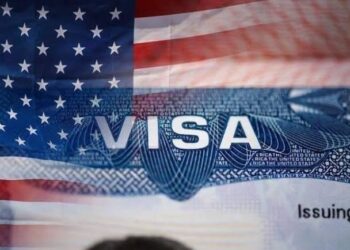In an unprecedented move that blurs the lines between private charity and public duty, the Pentagon has accepted a $130 million donation from an anonymous billionaire to pay U.S. troops during the ongoing government shutdown, immediately igniting a firestorm over ethics and the very funding of the American military.
The mysterious donor, whom President Donald Trump described as a “big supporter of mine,” a “patriot,” and a “wonderful man,” has effectively stepped in where Congress has failed, covering a fraction of the military’s payroll. While the White House hails the act, it raises a disturbing question: is the world’s most powerful military now reliant on the private generosity of its Commander-in-Chief’s political allies?
The donation, confirmed by defense officials, amounts to roughly $100 per service member. A Pentagon spokesman stated the gift was made under the department’s “general gift acceptance authority” and on the condition it be used for salaries and benefits. President Trump, who previewed the gift, emphasized the donor’s desire for anonymity, calling it “pretty unusual in the world I come from.”

However, this private bailout is a stark symptom of a public failure. The government shutdown, now in its 25th day, has forced the administration to scramble to pay its troops, last week shifting $8 billion from military research. The donation offers a temporary, controversial fix for the next payday on October 31st.
Why It Matters
First of all, this is a dangerous precedent. The acceptance of a massive, anonymous donation for the core function of paying the military creates a shadow funding mechanism that operates outside congressional oversight and public scrutiny.
When a “big supporter” of the president can secretly funnel nine figures to the Pentagon, it fundamentally corrupts the chain of command and the principle of civilian control.
The immediate backlash from lawmakers like Senator Chris Coons, who warned that troops are at risk of being “bought and paid for by foreign powers,” a scenario that would violate defense department rules regarding extra scrutiny for non-US donors. This move suggests a government so broken that it is willing to outsource its most basic responsibilities to private, unvetted interests.
The identity of the donor is not a trivial detail; it’s the key to understanding whether this is an act of patriotism or a down payment on political influence

















